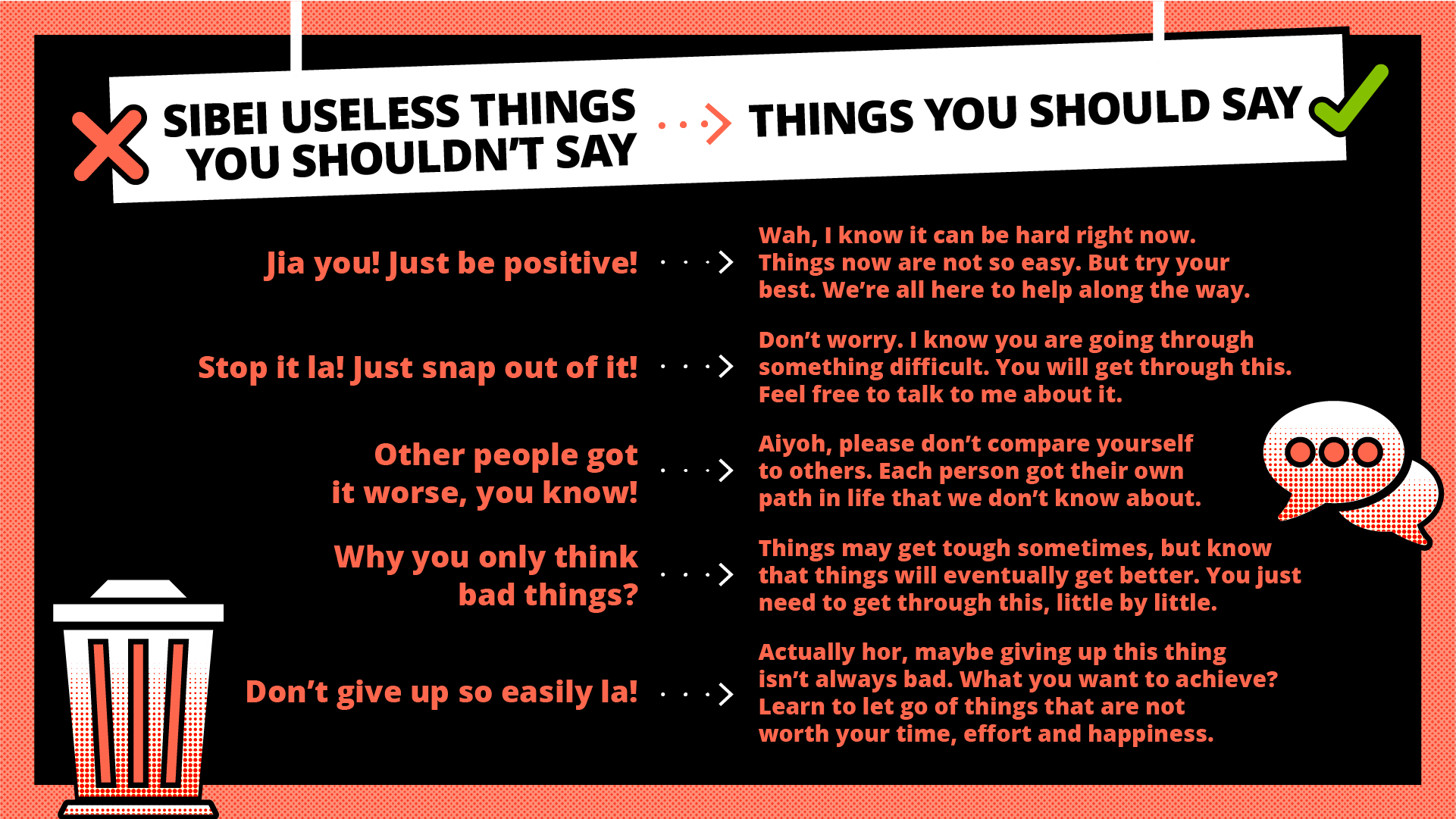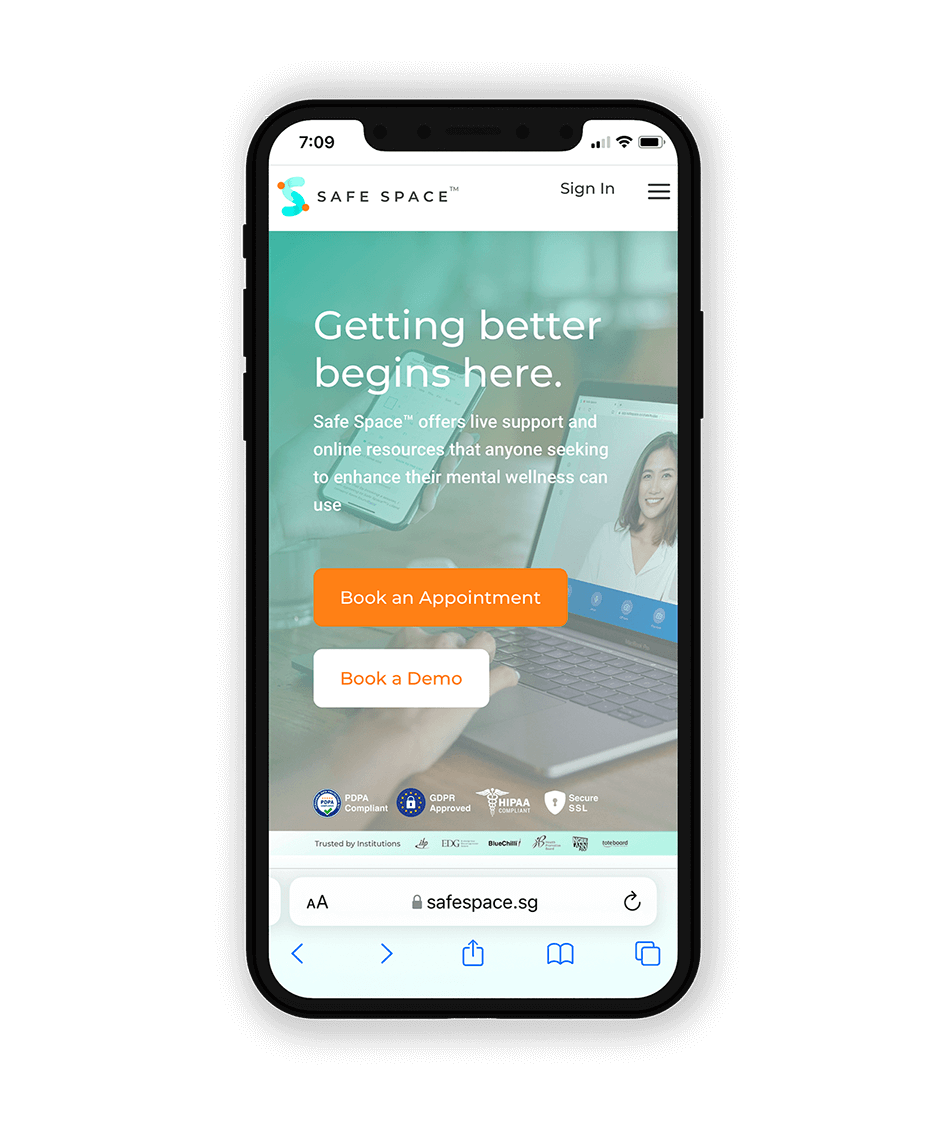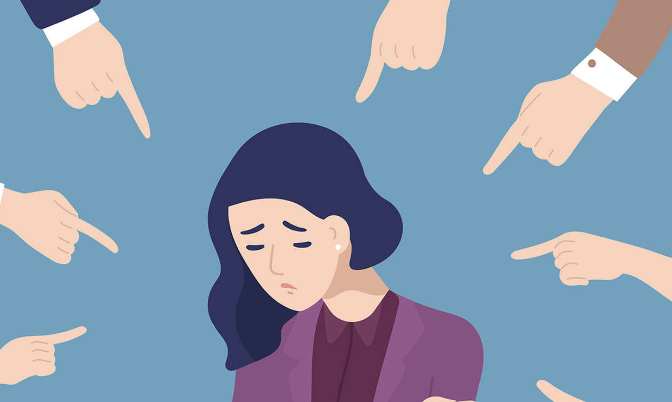You know, I always think I sibei helpful. When my friends ask for advice, I’m always the first to kee chiu and tell them what I think.
Sometimes, they tell me that they stressed or lose motivation to do work. Or they just feel angry and frustrated that no one understands them. Maybe they lose direction in life because they feel they are just doing what other people tell them to do. There are also days when they say when it can be hard to get out of bed. (Huh?! Sounds like they just want to chao keng only lehhhh.)
I just thought this is young people being young people, right? They stress this, stress that and always overthinking. So, I always tell them things like “Don’t be so negative lah!” or “Why you always like this?” Or like last time my mother father used to say to me “Jia you!” when I was sad. I thought I felt better lah, so I thought will also work for them. But then, I see a lot of eyes rolling.
That day when I share all this with my friend Jasmine Yeo, I just wanted to know: issit I say the wrong thing? She’s the lead clinical psychologist from Safe Space™, a digital mental healthcare provider, that offers mental health therapy care both offline and online, so I know she will confirm be sibei honest.
She said 100% confirm plus chop yes, I AM saying the wrong things. My friends could be struggling with their mental health and I could actually be making it worse with what I said.
Wah, I felt so paiseh. Hais, words say already so hard to take back. But neh mind, now let me share with you so y’all won’t make the same mistakes as me. Here are five things she suggest I — or you, if you put your foot in your mouth like me — can start doing:
1. Be accepting and respectful to what is said.
Don’t be a hero and add on your own comments or start telling your own sad stories. As they say, the most important skill is the art of listening. Also, no judgement ah. Limpeh’s new mantra is just listen and accept.
2. Ask questions to understand what the person is experiencing.
Sometimes, people just want to be heard. Sit down and give them some of your time. Try saying “Ok, you share. I see how I can help.”
3. Just be there and offer to do something useful to change things.
When your friend says they are depressed, start with these two words: “I care”. It can really help the person who is feeling down. Jasmine also shares examples of how you can be helpful like asking if they would like company or offer to run errands, just so they can take their mind of things.
4. Focus on what you can control.
Sometimes when people get anxious or think their situation is sibei jialat, they panic then they can’t think clearly or see how to fix. Why not first help them find small parts of their problem that they can solve so that they don’t feel so helpless. Jasmine says having a choice — even if they choose to do nothing — will make them feel empowered.
5. Encourage the person to seek help.
Let them know that it’s normal to feel this way, and they don’t have to be embarrassed about talking to a mental health professional. Sumpa. Everyone needs a friend, correct or not? Having someone to talk to will make them feel less alone and give them time to relax a bit. Remember you don’t need to solve their problem. Just listen.
As we continue to fight this pandemic, we sure see more people around us who are anxious and troubled. The economy not good. People are losing jobs and taking pay cuts. So, the most important thing is to help people you love, by making sure those who have mental health issues are not by themselves. Cliché lah, but we really all in this together!
Since limpeh is trying to be a better friend, I have made a list to remember:

***
You know we love sharing lobang right? Here’s one for you:
Safe Space™ offers a real-time, affordable and discreet mental wellness therapy services. You can find a counsellor by visiting their website and signing up for sessions.
HR managers, we also got lobang for you. For companies interested in getting employee access to Safe Space™ for free, please register here for their Corporate Partner Program.



